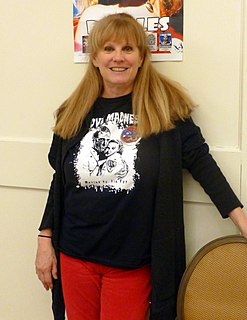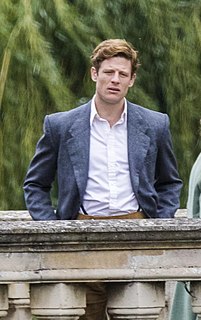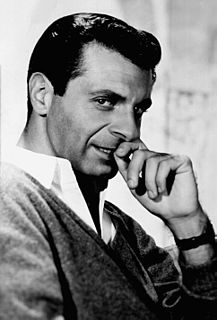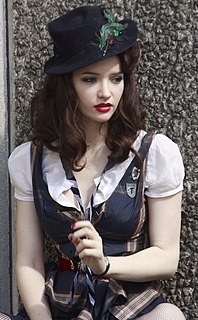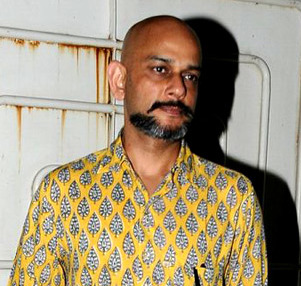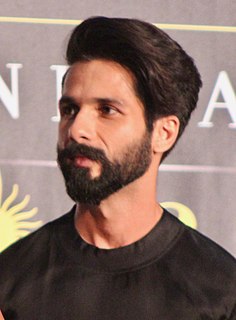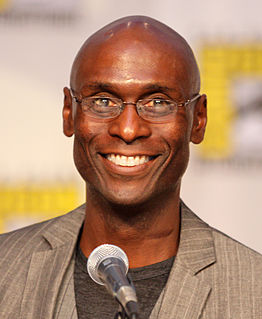A Quote by Doug Liman
I got in trouble in film school at USC because one of my Super-8 movies there, in the first semester, involved a snowmobile chase scene. I made an action scene, and they were like, 'That wasn't what you were supposed to be doing.'
Related Quotes
The Ramones were a great bunch of guys. They were very quiet, very shy. They were a little in awe of the filmmaking process, probably because we started at 7 a.m. I do remember the very first day of shooting, I met them and did the scene in the bedroom where Joey sings to me, and they were all scattered around my bedroom in my little fantasy scene. That was the first scene we shot of the movie. That scene is kind of a strange way to start a movie. "Okay, get undressed, and these weird guys in leather jackets and ripped jeans are going to sing to you."
It was (Nick Frost's) first-ever bedroom scene and my first-ever bedroom scene...not that we were actually doing much, but we did have to lie sort of semi-nude under the sheets. And he was incredibly sort of vibrant and outgoing, but then he suddenly got very, like, 'I'm engaged and I'm getting married!' And I was, 'Okay, that's good. I just won't be touching you, then!'
Film and television are very different. On the TV show, we do seven or eight scenes a day, so time and money are of the essence, and we have zero room for creativity because you've got to do each scene in only five takes. Whereas, on a film, you have an entire day to film one scene, so you have so much time to choose how you want to fill in a scene.
I thought I was okay in my first film, and then I was really, really bad in some films. I really cringe when I see some of my scenes. There's a scene in one film where a dog is biting me; the expressions I have made should be qualified as the most over-acted scene in the history of the cinema. The dog's expressions were more real than mine.
For me, in movies, it's always a mixed bag. I've never made a movie where I thought, "You were really good in that movie; you were good all the time." No. It's always, "You didn't get it, you didn't do it in that scene, but the other scene is pretty good." So I just hope that in balance there's more good scenes than not.
I always thought the piano scene was kind of unique to shoot because we were actually able to film with the playback of the actual song. And that was quite amazing because it almost made it easier - music is usually something that is added after filming has finished so to be able to shoot a scene with music was really wonderful.
I had invited 50 or 60 peers and friends, most of whom were parents, to see the film [Trust], and I asked about the last scene. It was interesting because it was split right down the middle, 50/50. About half the audience wanted it to end with the very emotional scene between Clive and Liana, and that feeling of realization and catharsis. And, the other half were adamant about keeping that last scene.
My vision of punk rock was these dudes who were spitting on the audience and moshing. That's why I kind of left that scene. Then I see all these people around my same age or between 17 and 25 that were making music themselves in their own town. They weren't just singing, but creating. I see them putting out this music where there are tons of women involved in the scene and involved in the bands.
For years, Blockbuster Video has edited movies. Like The Bad Lieutenant, when he's masturbating while the girls in the car are doing the thing. I rented it from Blockbuster and sped to that scene, and it was gone. I called up Blockbuster, and I'm like, "I got an erection, and the scene's not there."

